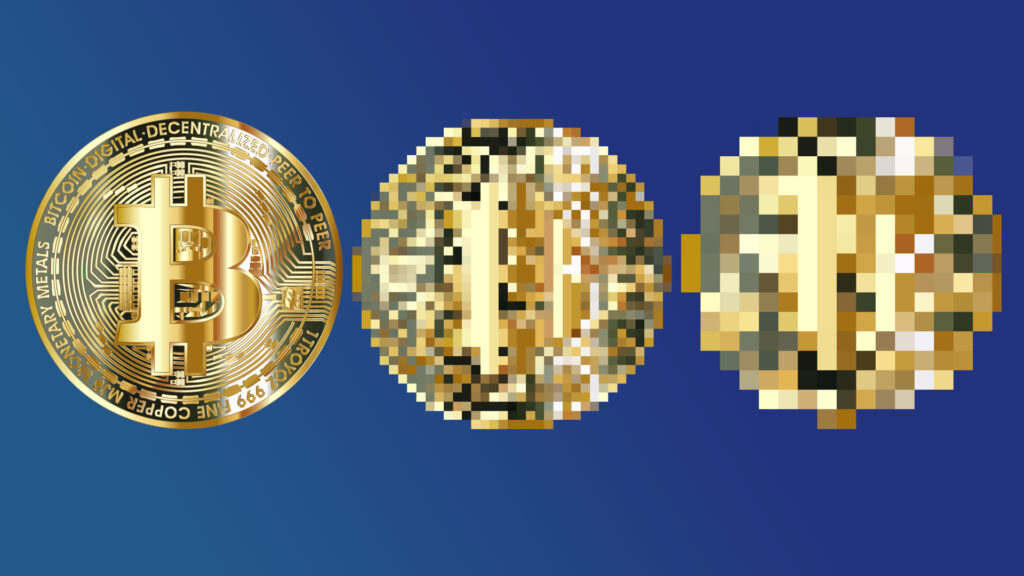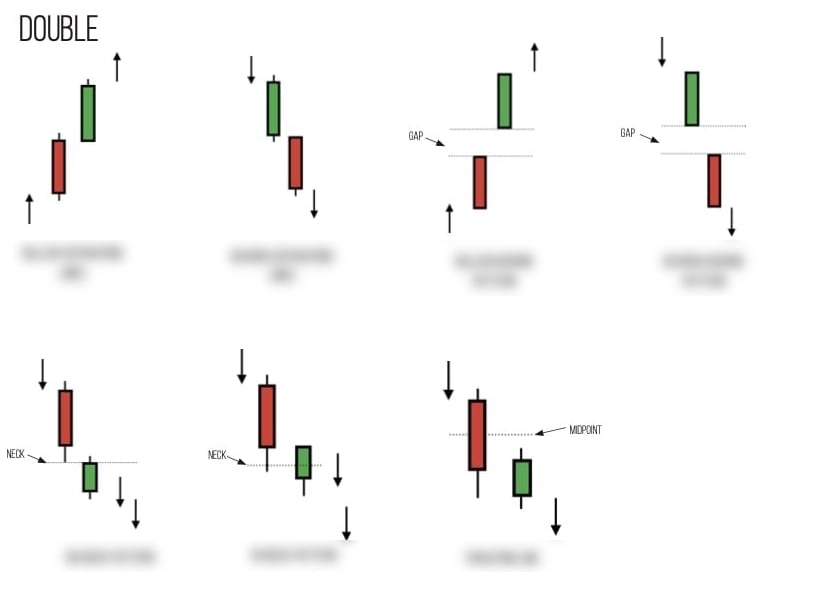Earlier this month, I and others
wrote a letter
to Congress, basically saying that cryptocurrencies are an complete and total disaster, and urging them to regulate the space. Nothing in that letter is out of the ordinary, and is in line with what I
wrote about blockchain
in 2019. In response, Matthew Green has
written
—not really a rebuttal—but a “a general response to some of the more common spurious
objections
…people make to public blockchain systems.” In it, he makes several broad points:
-
Yes, current proof-of-work blockchains like bitcoin are terrible for the environment. But there are other modes like proof-of-stake that are not.
-
Yes, a blockchain is an immutable ledger making it impossible to undo specific transactions. But that doesn’t mean there can’t be some governance system on top of the blockchain that enables reversals.
-
Yes, bitcoin doesn’t scale and the fees are too high. But that’s nothing inherent in blockchain technology—that’s just a bunch of bad design choices bitcoin made.
-
Blockchain systems can have a little or a lot of privacy, depending on how they are designed and implemented.
There’s nothing on that list that I disagree with. (We can argue about whether proof-of-stake is actually an improvement. I am skeptical of systems that enshrine a “they who have the gold make the rules” system of governance. And to the extent any of those scaling solutions work, they undo the decentralization blockchain claims to have.) But I also think that these defenses largely miss the point. To me, the problem isn’t that blockchain systems can be made slightly less awful than they are today. The problem is that they don’t do anything their proponents claim they do. In some very important ways, they’re not secure. They doesn’t replace trust with code; in fact, in many ways they are far less trustworthy than non-blockchain systems. They’re
not decentralized
, and their inevitable centralization is harmful because it’s largely emergent and ill-defined. They still have trusted intermediaries, often with more power and less oversight than non-blockchain systems. They still require governance. They still require regulation. (These things are what I wrote about
here
.) The problem with blockchain is that it’s not an improvement to any system—and often makes things worse.
In our letter, we write: “By its very design, blockchain technology is poorly suited for just about every purpose currently touted as a present or potential source of public benefit. From its inception, this technology has been a solution in search of a problem and has now latched onto concepts such as financial inclusion and data transparency to justify its existence, despite far better solutions to these issues already in use. Despite more than thirteen years of development, it has severe limitations and design flaws that preclude almost all applications that deal with public customer data and regulated financial transactions and are not an improvement on existing non-blockchain solutions.”
Green responds: “‘Public blockchain’ technology enables many stupid things: today’s cryptocurrency schemes can be venal, corrupt, overpromised. But the core technology is absolutely not useless. In fact, I think there are some pretty exciting things happening in the field, even if most of them are further away from reality than their boosters would admit.” I have yet to see one. More specifically, I can’t find a blockchain application whose value has anything to do with the blockchain part, that wouldn’t be made safer, more secure, more reliable, and just plain better by removing the blockchain part. I postulate that no one has ever said “Here is a problem that I have. Oh look, blockchain is a good solution.” In every case, the order has been: “I have a blockchain. Oh look, there is a problem I can apply it to.” And in no cases does it actually help.
Someone, please show me an application where blockchain is essential. That is, a problem that could not have been solved without blockchain that can now be solved with it. (And “ransomware couldn’t exist because criminals are blocked from using the conventional financial networks, and cash payments aren’t feasible” does not count.)
For example, Green complains that “credit card merchant fees are similar, or have actually risen in the United States since the 1990s.”
This is true
, but has little to do with technological inefficiencies or existing trust relationships in the industry. It’s because pretty much everyone who can and is paying attention gets 1% back on their purchases: in cash, frequent flier miles, or other affinity points. Green is right about how unfair this is. It’s a regressive subsidy, “since these fees are baked into the cost of most retail goods and thus fall heavily on the working poor (who pay them even if they use cash).” But that has nothing to do with the lack of blockchain, and solving it isn’t helped by adding a blockchain. It’s a regulatory problem; with a few exceptions, credit card companies have successfully pressured merchants into charging the same prices, whether someone pays in cash or with a credit card. Peer-to-peer payment systems like PayPal, Venmo, MPesa, and AliPay all get around those high transaction fees, and none of them use blockchain.
This is my basic argument: blockchain does nothing to solve any existing problem with financial (or other) systems. Those problems are inherently economic and political, and have nothing to do with technology. And, more importantly, technology can’t solve economic and political problems. Which is good, because adding blockchain causes a whole slew of new problems and makes all of these systems much, much worse.
Green writes: “I have no problem with the idea of legislators (intelligently) passing laws to regulate cryptocurrency. Indeed, given the
level of
insanity
and the
number of
outright scams
that are happening in this area, it’s pretty obvious that our current regulatory framework is not up to the task.” But when you remove the insanity and the scams, what’s left?
EDITED TO ADD: Nicholas Weaver is
also
adamant
about this. David Rosenthal is
good
, too.












